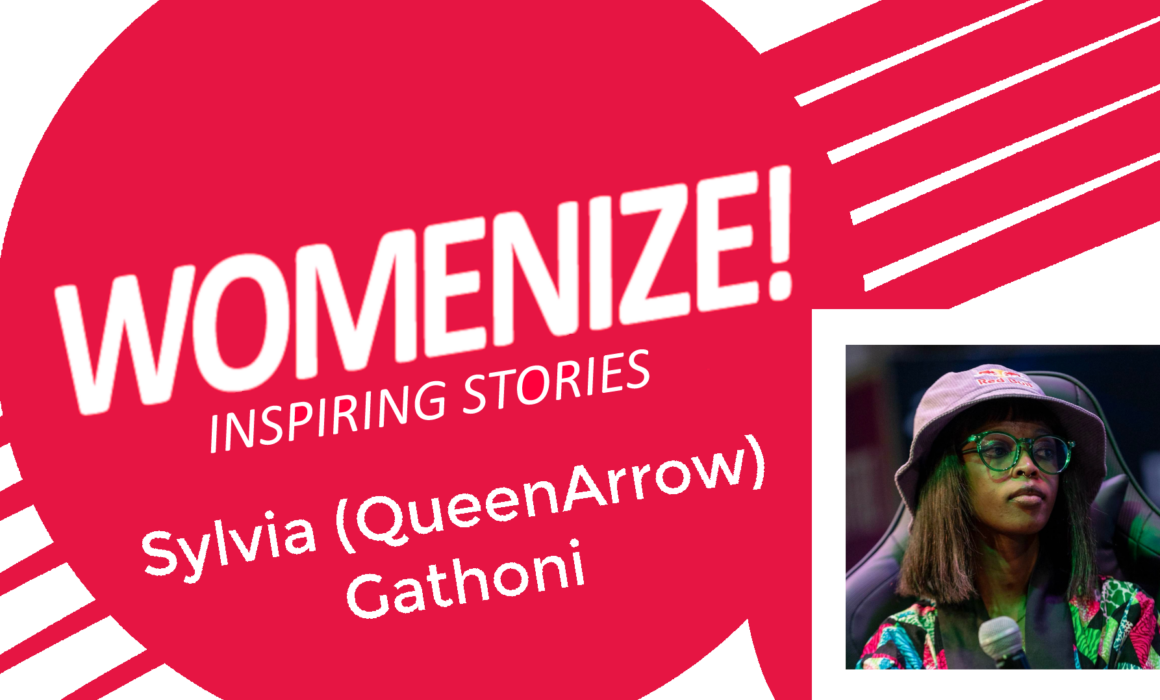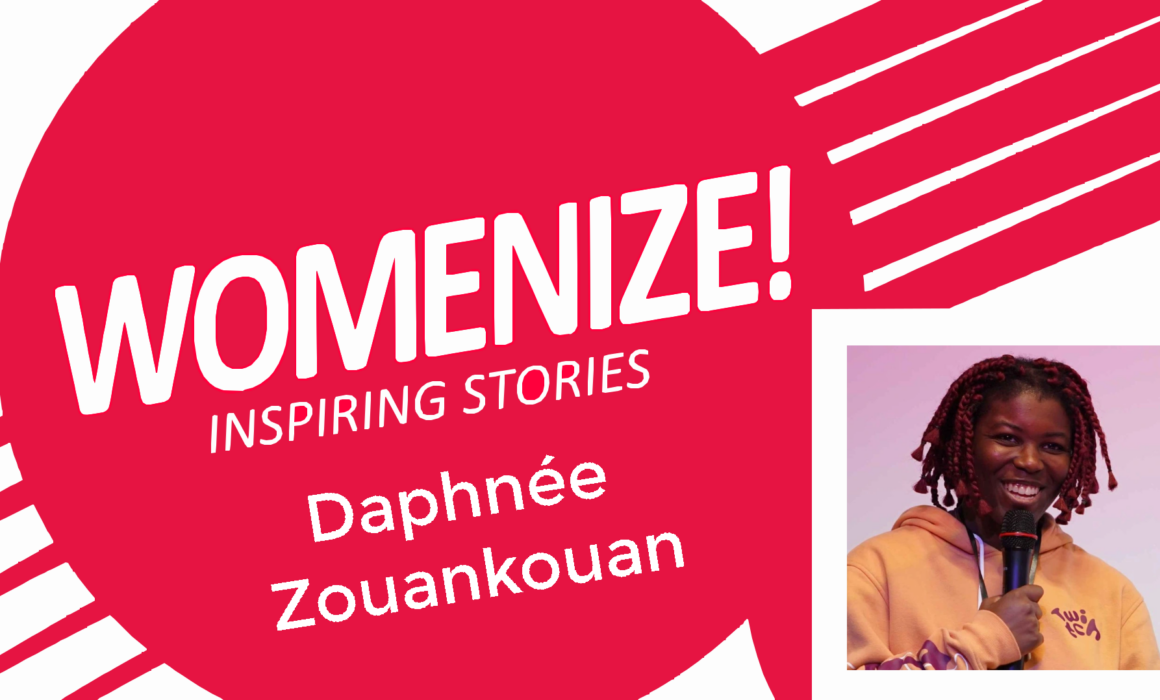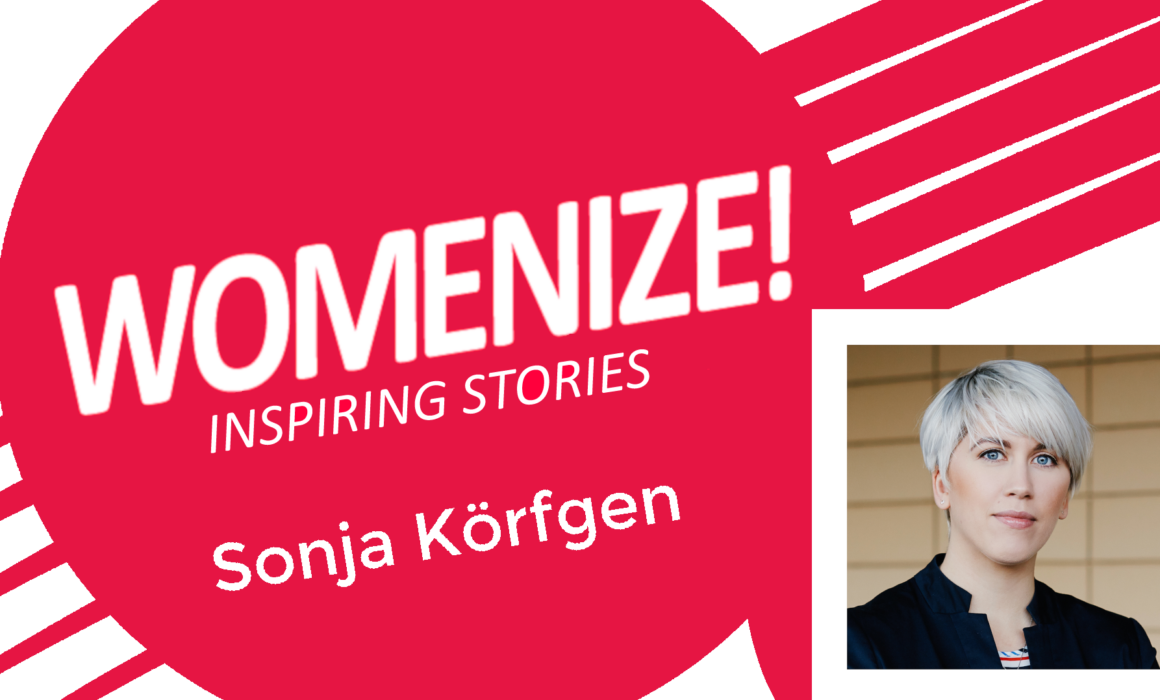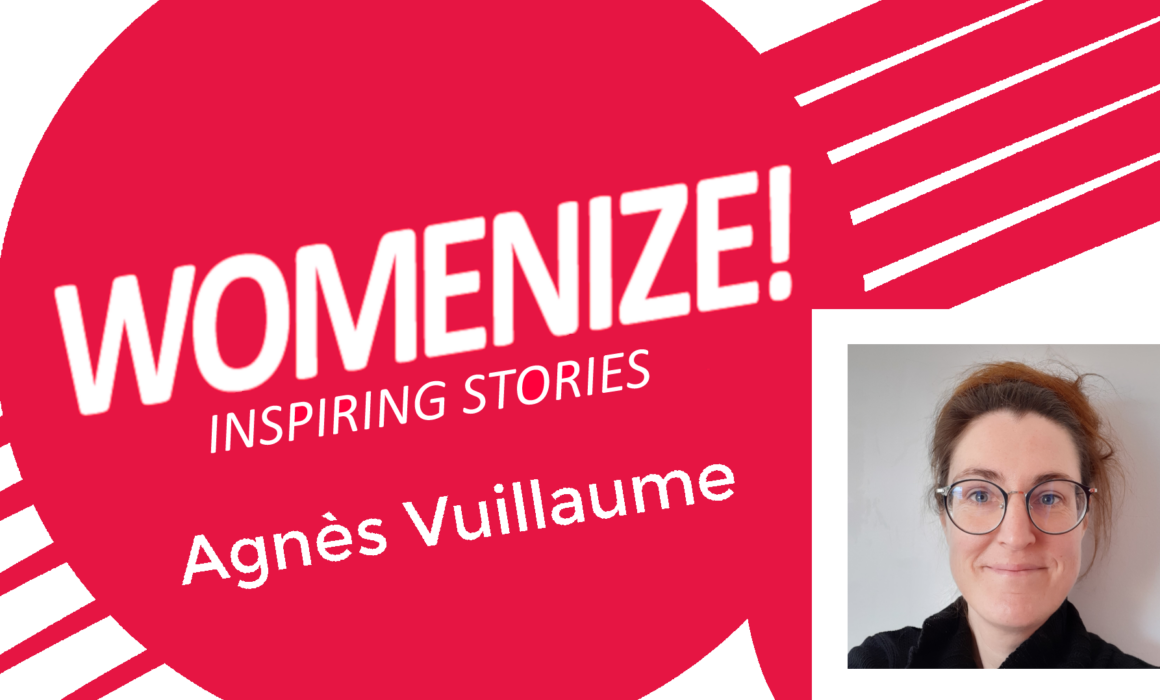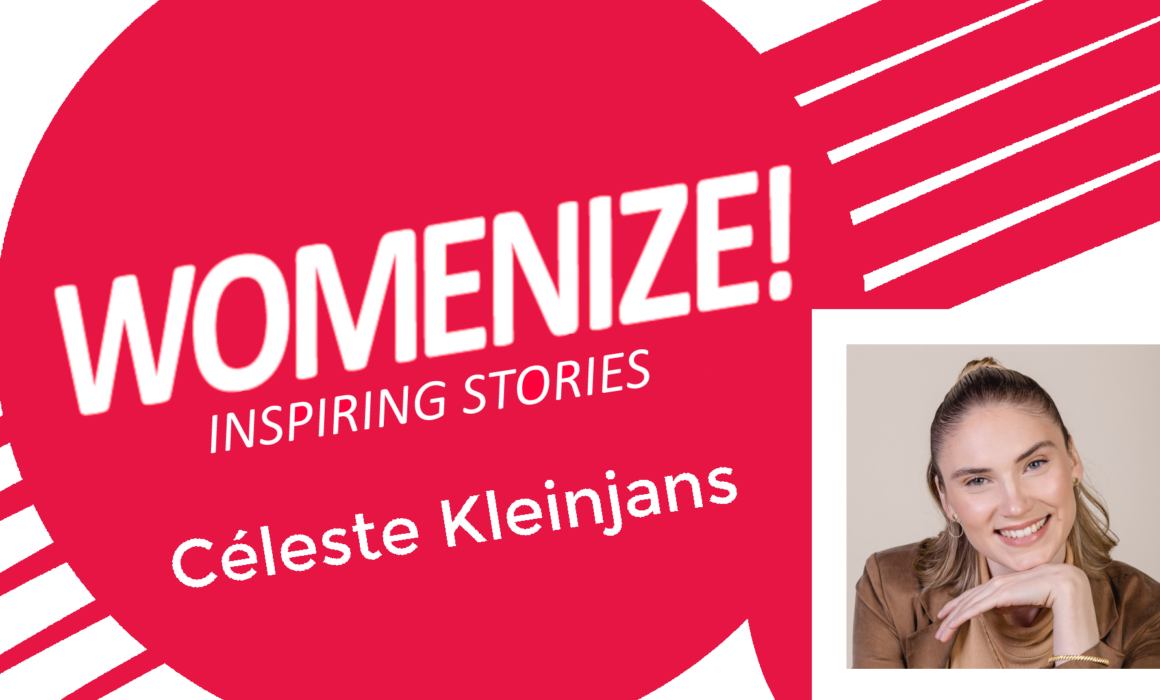Sylvia (QueenArrow) Gathoni – Womenize! – Inspiring Stories
Womenize! – Inspiring Stories is our weekly series featuring inspirational individuals from games and tech. For this edition we talked to Sylvia (QueenArrow) Gathoni, Esports Athlete at NIBBLE Africa. She speaks about the need for better esports regulations, her passion for Tekken and its strong female characters, and the importance of casual gamers in growing Africa’s esports industry. Read more about Sylvia here:
Hi Sylvia! Your career seamlessly bridges two demanding worlds—law and esports. How has your legal education shaped your approach to esports, and do you see opportunities for these fields to intersect in the future?
My legal education has shaped my approach to esports in that I have become more passionate about seeing common sense regulations for the gaming and esports industry from a consumer perspective. There are a lot of loopholes in the law because of so many technological advancements that were not foreseen at the time the law was being created which has made it increasingly difficult for policymakers to play catchup. I do hope to be a major player in making these common sense policies come to life once.
As a Tekken player, you’ve reached incredible heights in esports. What drew you to this game specifically, and how has it helped you express your unique identity as an athlete and competitor?
What drew me to Tekken was childhood nostalgia. I have always loved fighting games from a young age. Some of my fondest memories were of me, my older brother and cousin playing King of Fighters, Mortal Kombat, Tekken and SoulCalibur. I was drawn to strong female characters in-game as they fought on equal footing as the male cast members. When I go to Tekken specifically, I adored Christie Monteiro and Ling Xiaoyu. Tekken has been instrumental in me finding my path forward as a competitor because all I’ve ever wanted is to become a world-class Tekken player and I know that it is a dream within reach regardless of the region that I come from or my gender or race.
As an advocate for esports in Africa, what unique opportunities do you see for the growth of the industry on the continent, and how can African players and organizations contribute to shaping the global esports landscape?
As an advocate for this region, I do believe that there is untapped potential for growth for casual gamers. In the grand scheme of things, esports is just the 1 percent even on a global scale and for our industry to grow, it needs to first cater to casual gamers which will be key to us growing the numbers for the entire industry before we start talking about esports.
Thanks for this interview, Sylvia!
Sylvia’s links: LinkedIn
Womenize! – Inspiring Stories Feature by Madeleine Egger

